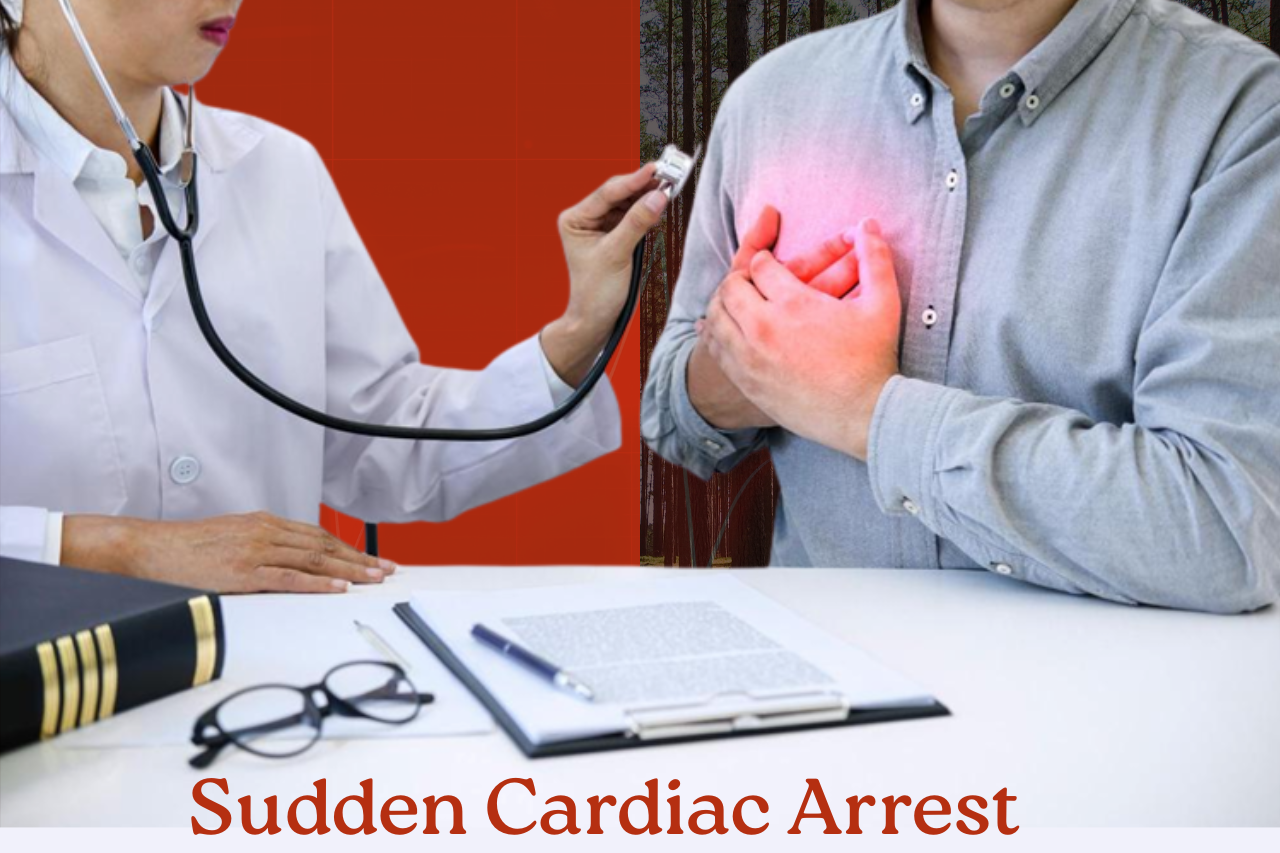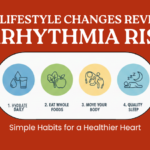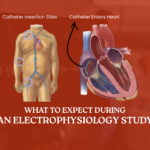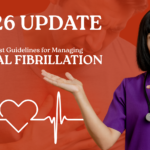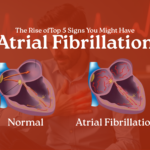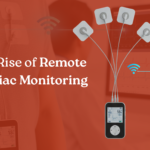Imagine this:
You’re living your daily life, going about your work, spending time with family, or enjoying a morning walk…
Suddenly, without warning, you feel a sinking sensation accompanied by profuse sweating and palpitations. Then, it stops, and thereafter, you feel normal.
These are premonitoring symptoms before cardiac arrest, which can predate days or months before a Sudden Cardiac Arrest (SCA)
It’s not just a medical term—it’s a life-threatening event that strikes swiftly and silently.
What Is Sudden Cardiac Arrest?
In cardiology, Sudden Cardiac Arrest happens when the heart’s electrical system malfunctions. There are the undermentioned conditions that contribute to this happening. Some heart
Your heart is an electrical marvel, perfectly synchronising every beat to pump blood to the brain, lungs, and entire body.
However, if this electrical system malfunctions, the result can be fatal.
Instead of a regular heartbeat due to heart disease with underlying electrical issues called ventricular tachycardia degenerating into ventricular fibrillation, where the ventricles quiver chaotically and are unable to pump blood.
Sudden pump failure of heart → No oxygen supply → Loss of consciousness → Death within minutes (if untreated).
“Dil ki dhadkan sahi rahegi, tabhi zindagi suhani lagegi!”
(When the heart beats right, life feels beautiful!)
Who Is At Risk?
Most people don’t expect SCA to happen to them. But certain factors increase the risk:


Hypertrophy cardiomyopathy




Even if you’re feeling fine today, these hidden risks might be quietly affecting your heart health.
How Can You Stay Safe?



If something is found, treatment options include:



These treatments ensure your heart stays in rhythm and protects you from sudden collapse.
Why Timely Action Matters
Every minute counts.
Did you know survival decreases by 10% every minute without defibrillation?
That’s why awareness is power.
By making small choices today—like managing blood pressure, staying active, and seeing a cardiology specialist—you’re investing in your future.
Don’t wait for a warning sign to become a tragedy.
Take charge of your heart health now.
“Dil ki dhadkan sahi rahegi, tabhi zindagi suhani lagegi!”
(When the heart beats right, life feels beautiful!)


